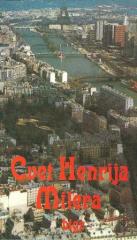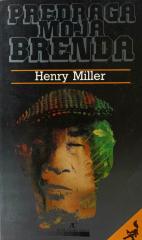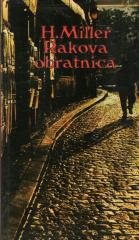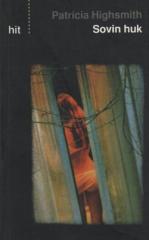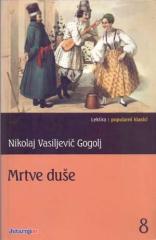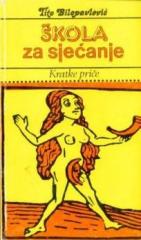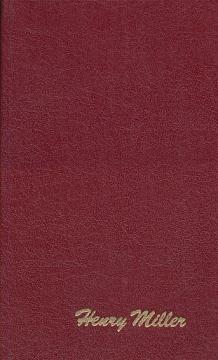
Ružičasto raspeće II: Plexus
Plexus (1953), the second part of the trilogy, continues the autobiographical story begun in Sexus. The novel focuses on Miller's life in New York in the 1920s, exploring his artistic pursuits, relationships, and struggle for freedom from social conventio
The protagonist, Miller's alter ego, lives a bohemian life, trying to establish himself as a writer. Married to Maude, he feels trapped, while his obsession with Mara (inspired by June Mansfield) fades, but continues to affect his emotions. The novel is less concerned with sexuality than Sexus, and more with introspection and artistic ambition. Miller describes encounters with eccentric characters - artists, writers and bohemians - who shape his worldview. Through conversations and digressions, he explores themes of literature, philosophy and spirituality, often drawing on his reading of Dostoevsky, Nietzsche and Eastern thinkers.
The style is poetic, associative and introspective, with less emphasis on eroticism and more on the internal conflict between material needs and spiritual freedom. The novel depicts New York as a colorful, chaotic stage, where the protagonist seeks authenticity through art and friendships. Plexus is the story of an artist's coming of age, interwoven with reflections on creativity and resistance to conformity. Without a strict plot, the novel builds the foundation for the final part of the trilogy, Nexus.
One copy is available
